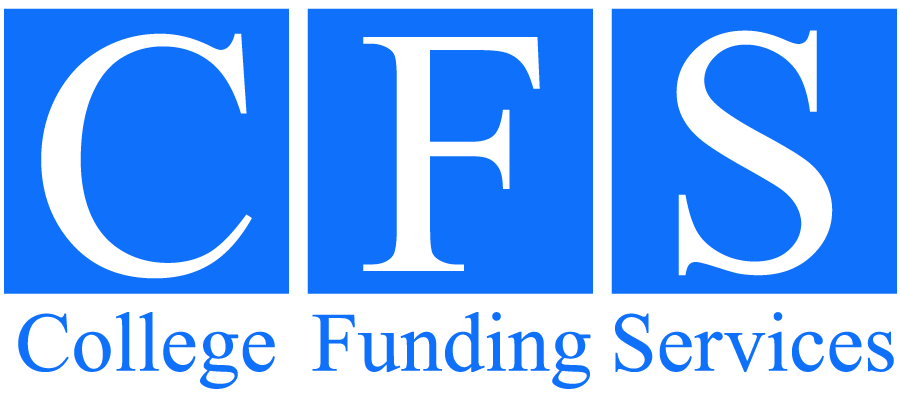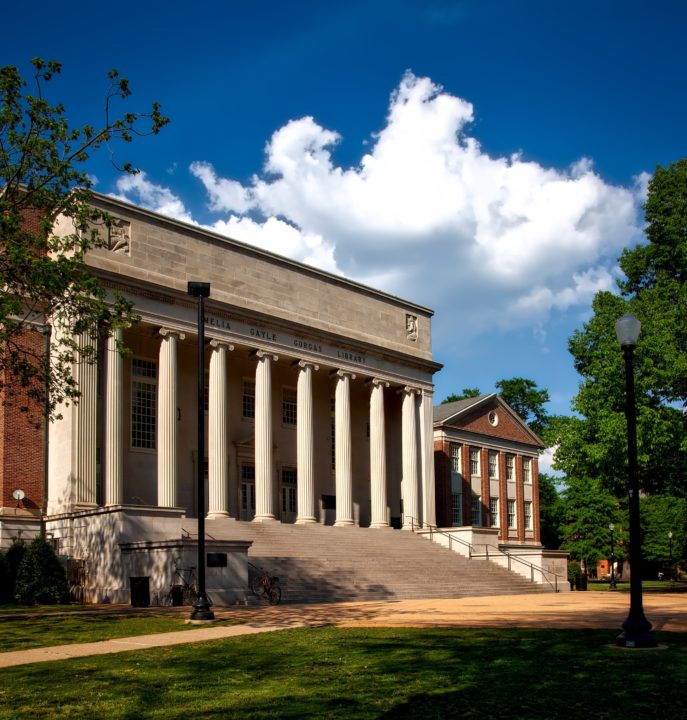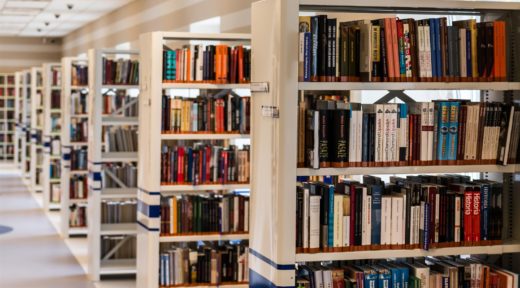Corruption, bribery, and college admissions: just another day at the office?
As breaking news about a college admissions cheating and bribery scandal confirmed many people’s worst fears that the system is rigged. Parents who have played by the rules felt deflated at seeing yet another data point on the advantages that wealth and connections bring. College admissions professionals and educators who play by the rules felt demoralized knowing that the story will now cast doubt on the entire field of play on which we operate. I fall into both categories.
Let’s start with the grasping parents who allegedly committed criminal acts to get their children into “name” schools. What is it about attending these schools that they thought would add qualitatively to their children’s lives? After all, these children already came from wealth, privilege, and, ironically, from parents who had, themselves, achieved at a demonstrably high level, apparently on their own merits (although I don’t want to take anything for granted in this case!). Part of the problem lies, I believe, with this idea of “reach” schools that we have popularized in our culture: You have access to the best of the best if you attain at a certain level. Reach as ambitiously as you can and whatever you end up holding in your hand at the end of that process defines part of your worth as a human being. Even the mechanics of the system, through vehicles like Early Decision, encourage young people to set their heart on a first choice and pray that the calculus works in their favor. This entire approach to admissions does a disservice to kids and to parents.

Colleges themselves bear some responsibility for encouraging a reputation-hungry mindset among their applicants. They cater to the U.S. News & World Report rankings that only fuel parental frenzy. Going test-optional, for example, may sound student-friendly, but it has also traditionally bumped a school up along two of the ranking criteria: acceptance rate and average test scores (although as of 2019, U.S. News & World Report is no longer factoring admit rate into the rankings). University of Chicago went test-optional this year and immediately saw a 10% increase in number of applications. When number of students accepted remains the same (numerator), while the size of the pool from which they are being chosen increases (denominator), the overall percentage of students accepted goes down—which, until just this year, could lead to the school’s U.S. News ranking going up. As for an increase in average test scores, who do you think submits scores when they don’t have to? High performers do, thus raising the average for the school. If I had my druthers, all highly selective schools would model their testing policy on Brandeis and early admission options (both Early Decision and Early Action) would cease to exist. As a coup de grâce, I would limit the number of schools to which students can apply on the Common Application to 12 and would eliminate supplemental essays for individual schools. Students would complete their personal statement and one additional short essay, both the same across schools—that’s it.
In reality, every young person has the potential to find multiple campuses that could be a great fit. I discourage my clients from focusing on a first choice. Instead, I tell them that I want them to fall in love with every school on their list, including their safety. “As with marriage,” I tell them, “you only need one to work out—one at a time, anyway.” Put together your list wisely and you will feel elated if you only get into a single school. A meaningful list, by the way, does not just mean copying down the top 10 schools from the U.S. News & World Report rankings. It means understanding what matters to you, what matters to the schools you are looking at, and finding a fit that meets the needs of both—at varying levels of selectivity. It could also mean buying stock in a school that is on the move. Tufts, for example, which today stands out as an internationally respected center of research and scholarship, not too long ago had a reputation as a “commuter college” or, at best, “a regional New England institution.” Similarly, many of my clients see Clark or Occidental on the lists that I create for them: They already have a lot to offer and, like a small cap stock, I predict they will be breaking out of the box over the next several years.
When people covet something the way they do their children’s admission to a “name” school, you can rest assured that nefarious actors will surface to take advantage of that powerful desire. That leads to the flashy college admissions advisor in this story who claimed to know how kids could “beat the odds.” I have had people offer me all kinds of things to get their kids into the “right” schools. A father told me he would pay me $10,000 if I got his son into an Ivy League institution. A mother told me that she expected me to get her daughter into Princeton. The stories continue. Well, first and foremost, today’s news provided some measure of relief on that front. I never promise to deliver admission at a particular school because I can’t (in addition to its running counter to my entire philosophy). I also tell them that any college advisor who promises otherwise is not telling the truth. I can now credibly add to that sentence, “or is breaking the law.” Hopefully today’s news will illustrate for families the importance of acting as critical consumers in the college admissions market. Beware of anyone offering shortcuts or sleight of hand. They don’t exist, for those of us who are law abiding.
So what is it that legitimate and effective college advisors do? We help families with the strategizing and long-term planning necessary to navigate confusing terrain. We relieve parents of pressure that sometimes negatively impacts their relationships with their children. We stand in as college advisors for kids who attend large schools at which they have to compete with several hundred other students on a counselor’s caseload. We act as matchmakers, using our accumulated knowledge and understanding of institutions and of kids to suggest pairings that we think will work. In my case, I have worked in an admissions office, written a book on college admissions that relied on interviews with a dozen deans of admission around the country, and spent my life as an educator working with teens and families, among other things. I get high schools, I get college admissions, and I get kids. I love the intersection of the three and have situated myself at that intersection for decades. Make sure that, if you are considering working with a private college counselor, you look critically and carefully at what they have done that qualifies them to engage in this work. And please, please, please, don’t believe them if they promise you a rose garden. What looks too good to be true generally is.
By: Eva Ostrum
An award-winning educator, Eva has worked in college admissions on both sides of the desk: as an undergraduate admissions officer at Yale University – her alma mater – and as a teacher, school administrator, and private college admissions coach supporting students and families through the process. She is the author of The Thinking Parent’s Guide to College Admissions: The Step-by-Step Program to Get Kids into the Schools of Their Dreams (Penguin Books, 2006) and the executive producer of Turusma: A Young Man’s Journey to College, a documentary short that screened at juried film festivals both in the U.S. and abroad and won an award for excellence at the Berkeley Video and Film Festival (2002). Eva has taught at the high school and college levels, served as a school leader, and consulted on educational interventions and policy for public and private organizations around the country. She has appeared as a guest expert on education in numerous media outlets (including NBC’s Weekend Today). Eva graduated from Yale University with a Bachelor of Arts in French Studies and from the Harvard Kennedy School with a Master’s in Public Policy. She is is currently seeking her doctorate in Educational Psychology. A native New Yorker, she and her family live in New York City.




